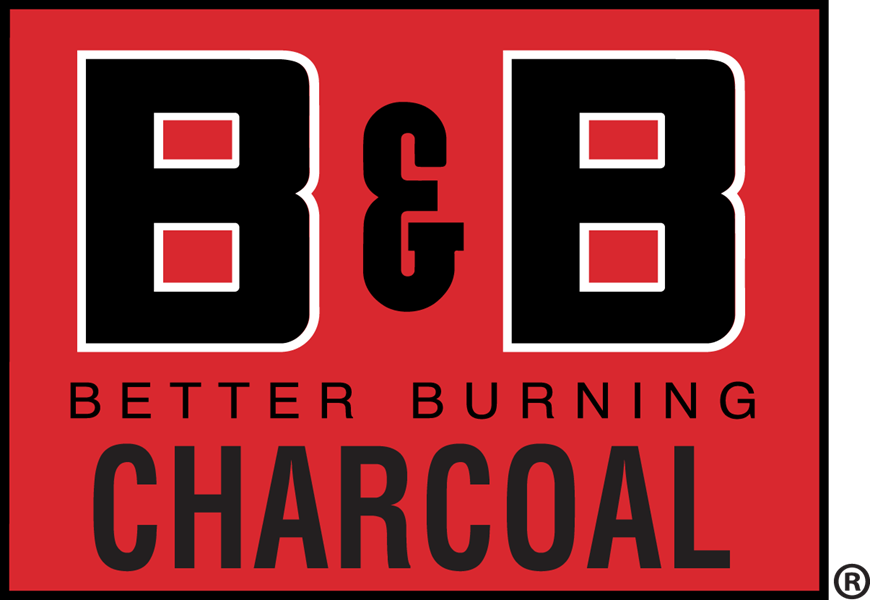hello My name is...bbq
Contributor: B&B Charcoal
Posted: November 21, 2019
A researcher named Richard Wrangham stated in his 1999 theory “The Cooking Hypothesis” that the ability to harness fire and control cooking, especially meat, is the signal most significant transformative event in our species development.(1). Regular consumption of cooked meat is thought to have triggered major changes to the human lineage, the genus homo. This carnivore conversion occurred about 2.6 million years ago when cut marks on animal bones first started appearing in the archeological records. But simply adding raw meat to our diet doesn’t tell us the whole story, according to Richard. The problem is that the caloric resources that are contained in raw meat are in the form of starch, which unless you cook it, doesn’t give you very much energy. When you calculate the caloric expense for all the sourcing, chewing and digesting involved in eating raw meat you realize that it requires a tremendous amount more time and energy than is available during normal daylight hours. There is just not enough hours in the day to source and consume the required amount of caloric intake to support our modern bodies on just raw meat and plants. Therefore it had to be the roasting of meat over a live fire that radically transformed our species into the current modern man and the development of modern society. As the story goes, a proto ancestor to modern man came across a natural wildfire that had burnt and killed some wild animals. It was there our distant cousins long ago consumed the roasted flesh and the preverbal light bulb went off. They knew deep down in their very genetic makeup that this was the way to go. Every occurrence of our Neolithic ancestors that involves the use of fire also shows the evidence of cooking and meal preparation. This cooked food not only tasted better it had many other benefits as well. It killed the pathogens present in the raw food, making it much safer and healthier to eat. Cooking also altered the meat itself. Heating up the meat breaks up the long protein chains and that makes the food easier for the stomach enzymes to digest. Plus the meat or muscle is wrapped in skin, which is collagen, connective tissue and is very hard to digest. But when you heat it up, the collagen turns to the jelly-like substance. Cooking gelatinizes the tough starch granules and makes them a lot easier to digest. Cooking food makes it softer to eat and more digestive, and in the end, you get more energy out of the food. Wranham also explains how the act of cooking led to some of the finer elements of human behavior, ‘it encourages people to share labor, it brings families and communities together, and encourages conversation and storytelling.” (2). As we explore the prehistoric pantries and the caveman kitchens we are certainly getting closer to the first barbecue, but still, have not found the original source of barbecue.


